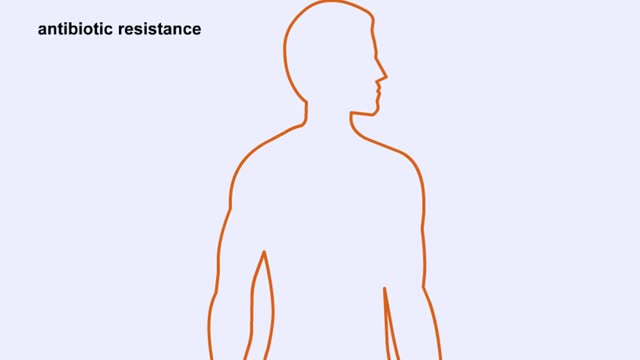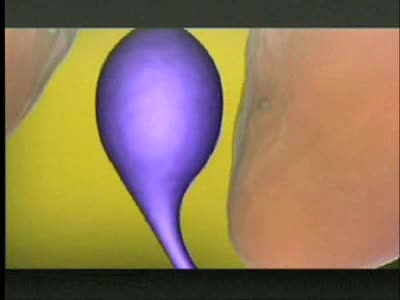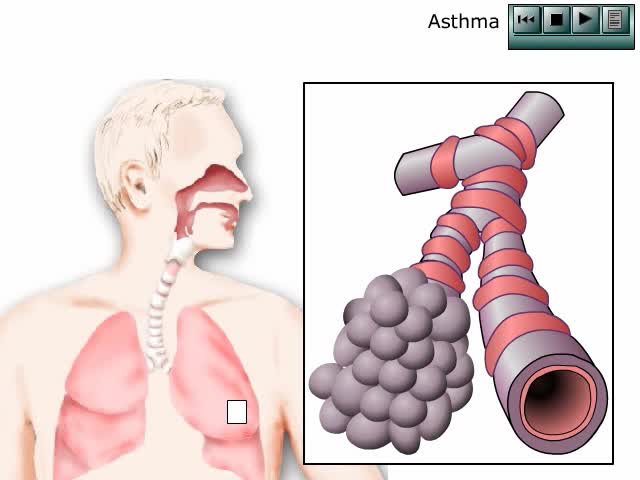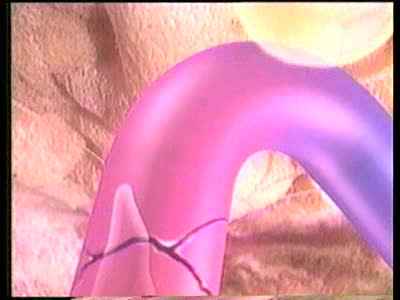Search Results
Results for: 'childhood ear infections'
Natural Selection, Species Isolation and Real World Example
By: HWC, Views: 9929
`Natural selection' is the process in which organisms with adaptive traits survive and breed in greater number than organisms without such traits. Eventually, almost all of the individuals in the population will have the same adaptive trait. This was the concept presented by Charles Darwin in ...
By: Administrator, Views: 13656
Hyposecretion or inadequate use of insulin may result in diabetes mellitus (DM). Hypersecretion of insulin may result in hyperinsulinism. Diabetes mellitus is the most common endocrine system disorder of childhood. Symptoms include: Polyuria Polydipsia Polyphagia Management of DM durin...
By: Administrator, Views: 13803
Herpes simplex is a viral infection caused by the herpes simplex virus. Infections are categorized based on the part of the body infected. Oral herpes involves the face or mouth. It may result in small blisters in groups often called cold sores or fever blisters or may just cause a sore throat. G...
Introduction to Cystic Fibrosis
By: Administrator, Views: 13547
Cystic fibrosis (CF) is a genetic disorder that affects mostly the lungs, but also the pancreas, liver, kidneys, and intestine. Long-term issues include difficulty breathing and coughing up mucus as a result of frequent lung infections. Other signs and symptoms may include sinus infections, poor ...
By: Administrator, Views: 13623
Otitis media is a group of inflammatory diseases of the middle ear. The two main types are acute otitis media (AOM) and otitis media with effusion (OME). AOM is an infection of rapid onset that usually presents with ear pain. In young children this may result in pulling at the ear, increased cryi...
By: Administrator, Views: 13626
The majority of epilepsy cases are idiopathic (cause not identified) and symptoms begin during childhood or early adolescence. A child who has a seizure while standing should be gently assisted to the floor and placed in a side-lying position. In adults, epilepsy can occur after severe neu...
By: Administrator, Views: 13539
Asthma is a common chronic disease worldwide and affects approximately 26 million persons in the United States. It is the most common chronic disease in childhood, affecting an estimated 7 million children. The pathophysiology of asthma is complex and involves airway inflammation, intermittent ai...
By: Administrator, Views: 13793
Inflammation is part of the body's immune response. Infections, wounds, and any damage to tissue would not be able to heal without an inflammatory response. Chronic inflammation can eventually cause several diseases and conditions, including some cancers and rheumatoid arthritis.
By: Administrator, Views: 13275
Tuberculosis (TB) is an infectious disease usually caused by Mycobacterium tuberculosis (MTB) bacteria. Tuberculosis generally affects the lungs, but can also affect other parts of the body. Most infections do not have symptoms, in which case it is known as latent tuberculosis. https://www.ppd...
Advertisement











